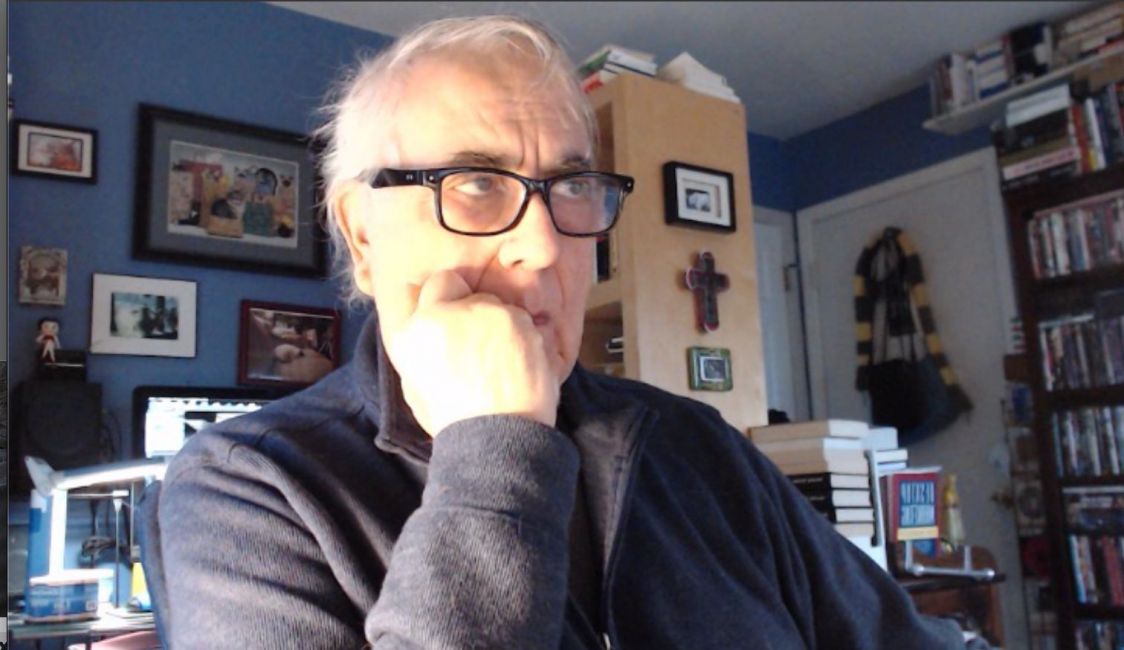
Chronic Capitalist Crisis Explained
by Prof. Richard Wolff
Capitalism is fragile. It is not a secure and solid system. And capitalists know this. They just don't let their media or politicians acknowledge it."
The lack of stability of the capitalist system and its recurring crises are both inevitable and hard-wired in its core dynamic and social relations, argues Prof. Wolff in this comprehensive and at times semi-satirical chat.
Richard D. Wolff: Crisis – It’s How Capitalism Works
Richard Wolff's talk is a splendid introduction and thorough explanation for the way capitalism operates in the real world, and why immensely costly crises with massive social disruption and suffering cannot be avoided under its regimen.
The anarchy of production and capitalism's "iron laws", starting with its relentless drive for bigger profits at any cost, doom it to failure.
I have a point of divergence with Wolff. The power and eloquence of his presentations, and his didactic qualities are evident. But two things bear mention in connection with this specific chat. One, his explanation for the implosion of the Soviet Union is somewhat prejudicial to the actuality of the Soviet experiment and enormous acomplishments. The phrasing used by Wolff in that riff is a bit too close to that of standard anti-communist intellectuals, of which the world has seen more than its justifiable share. The Soviet Union failed because it needed change from within—toward more socialism—but did not develop the mechanism in time, keeping the system largely closed. Its leadership became fossilised and bureaucratised. Cynicism began to invade much of the top tiers of that society, and the siren song of capitalist "freeedom" and consumerism obviously seduced many of the ironically more privileged sectors—beginning with its youth and intellectuals. These sectors—including leaders like Gorbachev himself—had been heavily influenced and gradually absorbed by the Western synthetic left. But many of the people who embraced glasnost and perestroika saw it as means to revitalise the march to communism, not to dismantle it in favor of capitalism. Second, his talk about the confusion plaguing political labels in general in the US, and the left in particular is a correct observation, as far as it goes, but his effort to separate himself from communists is evocative of the kind of talk we frequently heard on the lips of Michael Harrington, or Norman Thomas, two anti-communist socialists the system used for decades, in fact to this day, as the kind of tame socialism people should look to for solutions. Wolff is a Marxist, but he sounds at times like a social democrat, or a pre-Comintern socialist wishing to keep his skirts white and starched while communists are walked down the plank at sword point. That said, I sure hope that I am proven wrong about this because Richard Wolff is an invaluable asset in the struggle for a noncapitalist future.
—The Editor

•Oct 22, 2016

[premium_newsticker id="211406"]
The views expressed are solely those of the author and may or may not reflect those of The Greanville Post

